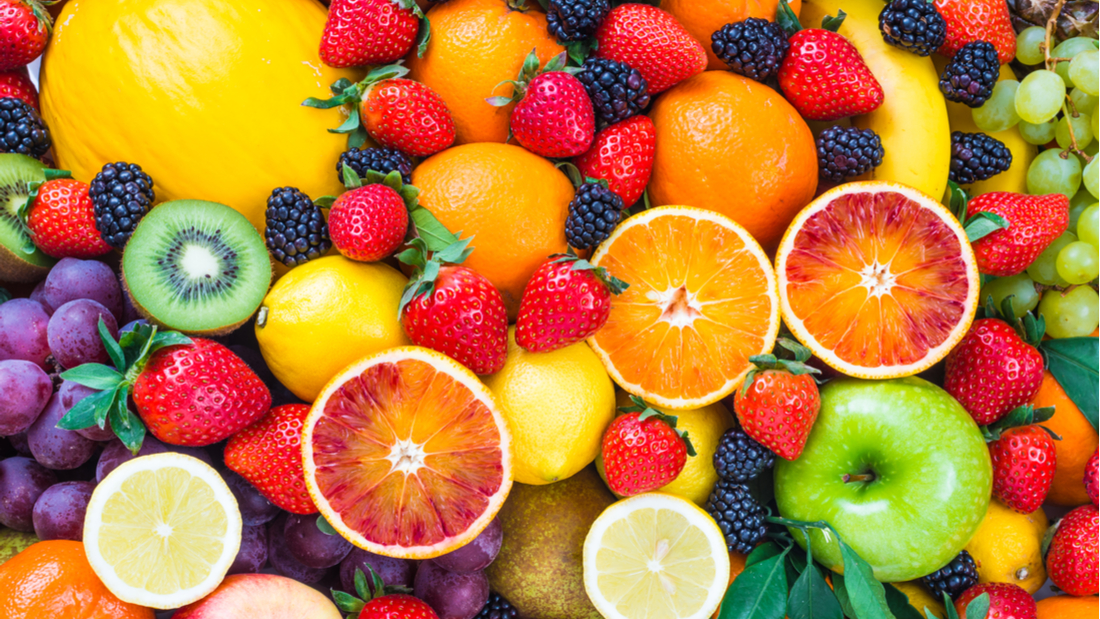
Hoping to conceive? Eat fresh, not fast
Women who are hoping to conceive should avoid fast food, according to a study in the journal Human Reproduction.
The study was comprised of a very large cohort: 5,598 women from the UK, Australia and New Zealand participated, all of whom were trying to become pregnant. Women whose male partners were receiving fertility treatment were excluded from the study.
Those who consumed fast food four or more times a week took around four weeks longer to conceive than participants who never or rarely ate it. Furthermore, those who consumed fast food on a regular basis were less likely to have become pregnant over the course of a whole year.
Despite the fact that the study did not actively monitor the women’s diets, instead relying on them to self-report their consumption in the month before they became pregnant, experts have hailed its results, saying that it adds further weight to existing advice regarding fertility and conception: a balanced and healthy diet is the best option for any couple looking to conceive.
The participants were visited again at 14-16 weeks of the pregnancy and asked about their food consumption. It was found that those who ate fruit three or more times a day became pregnant on average half a month sooner than those who ate it less than three times a month.
In many ways, the results of the study affirm a common sense approach to conception and pregnancy nutrition. Women with the most meagre fruit consumption levels had a 12% chance of being unable to become pregnant after a year; for women who consumed fast food four times or more a week, this increased to 16%. Considered as a whole, the group’s risk of failing to become pregnant was reported as 8%, which means that the differences in results are statistically significant.
However, one interesting aspect of the study’s findings is that although it attempted to monitor the consumption of fresh fish and leafy green vegetables, it found no link between the intake of these foods and the time it took to conceive. Furthermore, it did not look at the impact of paternal diet on conception or indeed the role range of various other food types.
Prof Claire Roberts, from the University of Adelaide, Australia, led the study and said that its “Findings show that eating a good quality diet that includes fruit and minimising fast food consumption improves fertility and reduces the time it takes to get pregnant.”
Although there are many factors in play that determine a woman’s chances of conceiving a child, in cases where women have good overall health with no reproductive abnormalities, diet is undoubtedly a significant factor in the chances of achieving conception in the shortest possible timeframe; this study underlines this fact. It is also worth noting that a healthy and balanced diet is in the interests of a child and also plays an important role in improving the chances of good neonatal health.


